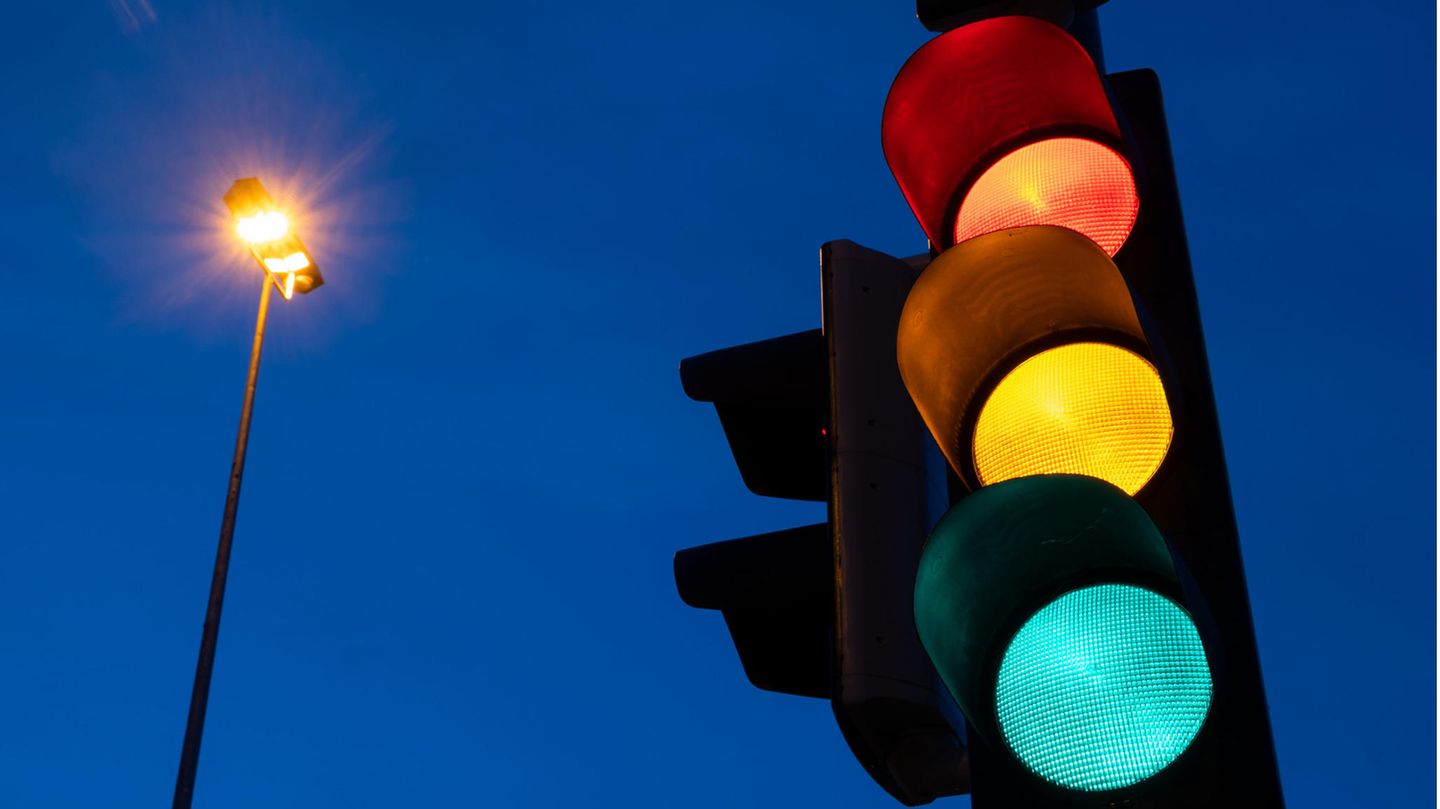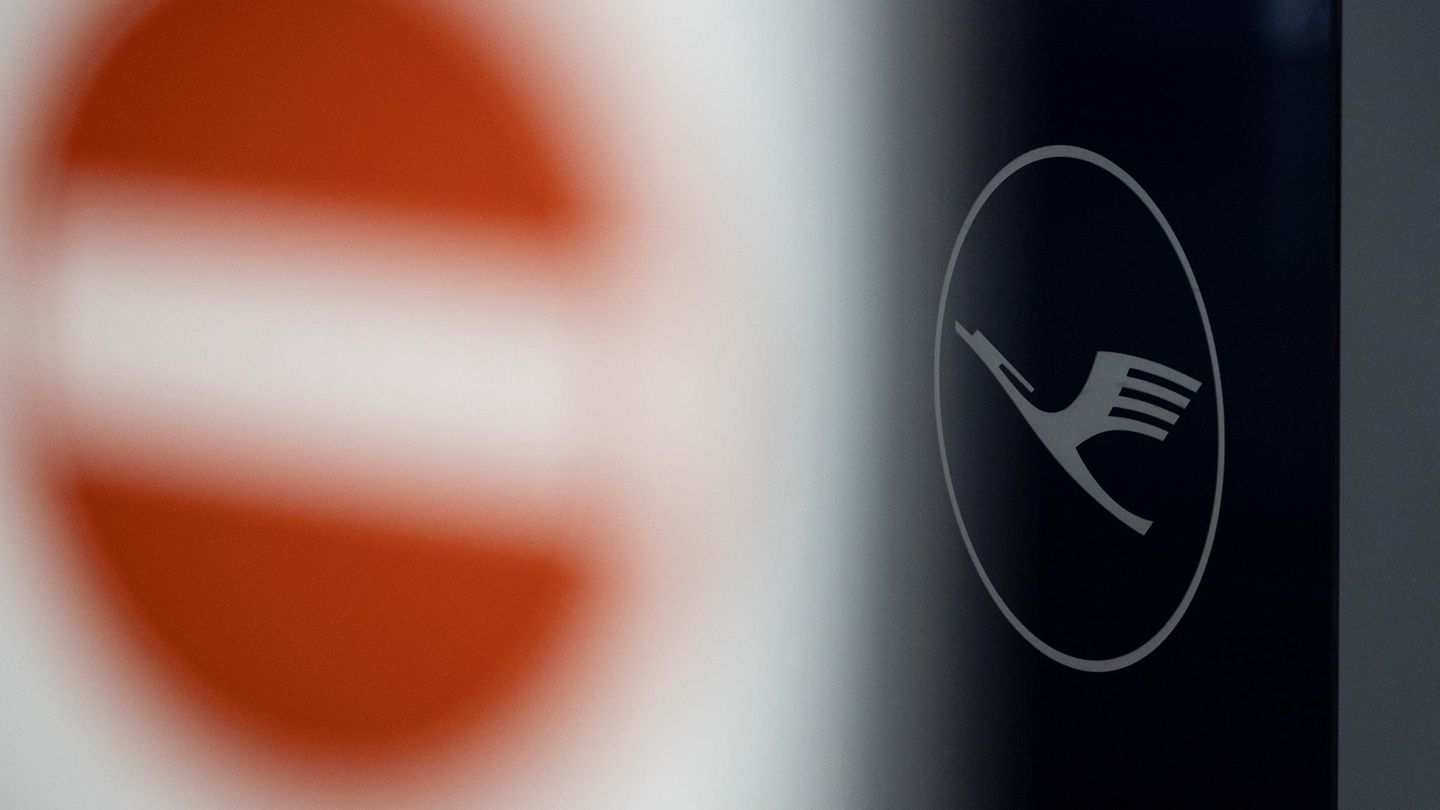Live-Interview
The polling stations were closed punctually at 6 p.m. – now it’s time to count the votes. Who could rule Germany after 16 years of Merkel? What alliances are likely? Political scientist Detlef Sack with an assessment of the first projections in a live interview with the stern.
The polling stations are closed and the first projections are flickering across the screens. By 6 p.m., almost 60.4 million citizens were able to decide on the new Bundestag – and which party may nominate the new Chancellor. 47 parties stood for election – more than ever since reunification. For the first time since 1957, a three-party coalition could be necessary to achieve the necessary majority. According to the polls, in addition to a traffic light coalition, a Jamaica alliance and a red-green-red government would be possible. (You can find the first projections here.)
You can find out what is now possible after the end of voting and how the first projections are to be assessed here in stern-Live interview with political scientist Detlef Sack from Bielefeld University.
Follow the assessment of the first projections live in the expert interview
-
-
Mr. Sack, thank you very much for talking to us.
-
I don’t want to put my hand in the fire for that. The percentage of postal voters is so high that I don’t dare to make a reliable statement. For us election observers this is a relatively new situation.
But this much can be said: it will be running out. Until midnight, some will be very worried. The Greens, for example, want to jump the 15 percent hurdle and be clearly the third strongest force. The left are worried about their entry into the Bundestag. And the fair has not yet been read between the Union and the SPD. There may still be shifts here and then we’ll talk about new constellations tomorrow morning at 6 a.m.
-
How much can the values of the parties still change? Is everything still as open as it seemed at the beginning?
-
The most likely coalition currently is a traffic light coalition. It has the majority and would signal a departure. Controversial topics will be tax and financial policy and environmental policy. But compromises will be found because all three parties – unlike in 2017 – want to govern. The SPD won in any case. This regained strength can add enormous weight to the negotiations.
-
Which alliance would then be possible?
-
I believe that the GroKo – in its third edition – will not exist. The second grand coalition was the second best solution. The voters no longer recognized the differences between the Union and the SPD. The result: you went to the opposition.
We can also rule out Jamaica – after all, the Union is not in first place. In addition, the election result will lead to considerable distortions within the Union. With Jamaica, the CSU would insist on continuing to be strong in Berlin, i.e. again represented by three ministries, because they will blame Laschet for the defeat. The CDU would then be in a vice between two smaller coalition partners and the CSU. -
So another grand coalition is not entirely out of the question, is it?
-
That’s correct. That would mean: Half of the population is apparently satisfied with the previous policy. However, at least the SPD has distanced itself from previous government work – which the Union has not succeeded in doing.
You have to keep in mind: There was no such thing as “the one” topic. Many people are obviously doing well – which is why they “stick with the old”. The majority of these people, who want to maintain the status quo, are Union voters. Since the SPD has co-governed in recent years, we will also find people among their voters who are actually satisfied on the whole.
-
According to the first projections, this need for modernization is not reflected in the election results. Mathematically, it could almost be enough for a grand coalition. The SPD and Union are both currently at just under 25 percent.
-
These are different topics that excite and interest different sections of the population. Obviously, the pandemic has shown that there is a Need for modernization of German politics and administration. In other words: schools, companies and their taxation, care and health system.
The topic of digitization has an impact on several areas. In this case, the Government not smeared with glory. Social inequality and housing policy also remain important concerns.
-
What points of criticism did the voters make to cast their vote in this election?
-
At first, that doesn’t match my assessments beforehand. I thought that the AfD’s mobilization of non-voters at the time could not be beaten. Obviously I was wrong.
aside from that they were rather weak candidates, a dissatisfied population and with the pandemic a constant topic of conversation. Therefore, I thought, more people are staying away from the polling stations. That was obviously not the case – initially on the basis of the prognosis – and it is actually a very sympathetic reaction, namely to vote when you have criticism of the government.
-
Let’s take a look at the turnout: Around 40 percent of all eligible voters in Germany were undecided until shortly before the election. Since noon today, the message has repeatedly appeared that voter turnout could be higher this year, but at the same time it is lower than in 2017. How does that fit together?
-
No, obviously not!
David William is a talented author who has made a name for himself in the world of writing. He is a professional author who writes on a wide range of topics, from general interest to opinion news. David is currently working as a writer at 24 hours worlds where he brings his unique perspective and in-depth research to his articles, making them both informative and engaging.






